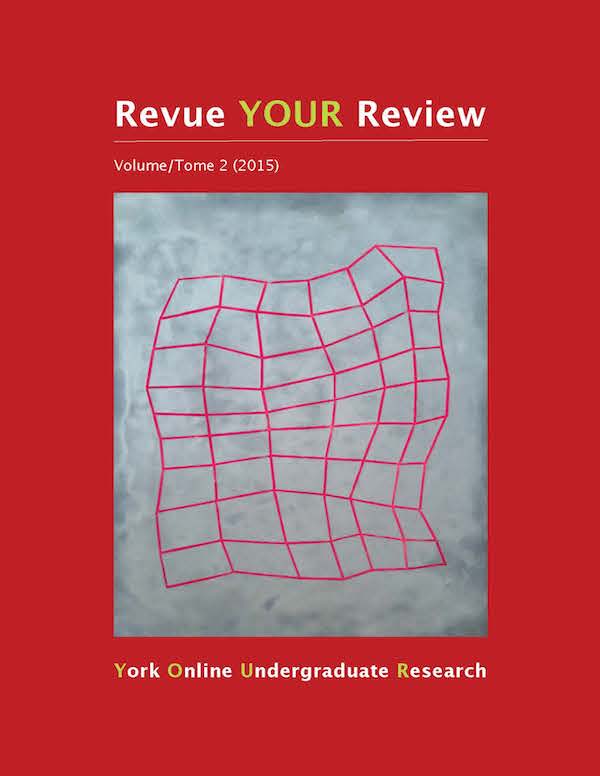The Internet and Alternative Copyright: YouTube as a Starting Point
Résumé
In the contemporary state of intellectual copyright online, there is a gravitation towards restricting consumer access to maintain corporate profit. Using video-sharing site YouTube as a case study, I argue that a more creative approach to policing copyright infringement is needed; otherwise, both consumers and producers lose a considerable amount of freedom in the ways they choose to interact with creative works online. YouTube’s policy of giving content owners the options to block, monetize, or track their protected content allows consumer access to subsist, while simultaneously appeasing corporate interests. Despite this, YouTube’s copyright policy may lead to a more commercialized setting, in which professionally generated content dominates over the amateur content that YouTube’s slogan—“Broadcast Yourself”—claims to offer. Consequently, YouTube’s copyright policy should be thought of as a step in the right direction, but not a viable solution to restrictive copyright altogether. The Internet’s current designation as a setting for copyright infringement is part of a historical trajectory. New technological media are often thought of as safe-havens for copyright infringement, and must often struggle to find legal grounding on which their survival may be secured. Alongside the VCR, the phonograph, and the portable MP3 player, the capabilities of the internet to rapidly and cheaply share creative content are likely here to stay. For copyright law to compete with the instantaneousness of peer-to-peer networks, it must be updated to find alternative methods of protecting intellectual property.
Téléchargements
Comment citer
Numéro
Rubrique
Licence
Les auteurs qui contribuent à la Revue YOUR Review acceptent de publier leurs articles selon une des trois catégories de la licence 4.0 : Creative Commons Attribution 4.0 International; Creative Commons Attribution-Pas d'Utilisation Commerciale 4.0 International; ou Creative Commons Attribution-Pas de Modification 4.0 International. Tout contenu éditorial de ce site ainsi que les affiches et les résumés sont sous la licence Creative Commons Attribution-Pas de Modification 4.0 International. Pour plus d’informations, veuillez voir :
https://creativecommons.org/licenses/
Dans tous les cas, les auteurs conservent leurs droits d’auteurs et concèdent à la Revue YOUR Review le droit de première publication. Les auteurs peuvent, par la suite, conclure d’autres accords de distribution non exclusifs de la version publiée dans ce périodique (par exemple, l’afficher à un dépôt institutionnel ou le publier dans un livre ou dans un autre périodique) à condition que la reconnaissance fasse mention de la publication originale dans la Revue YOUR Review.


